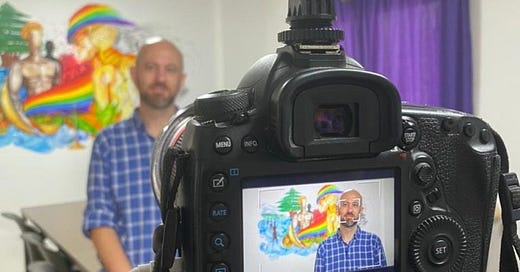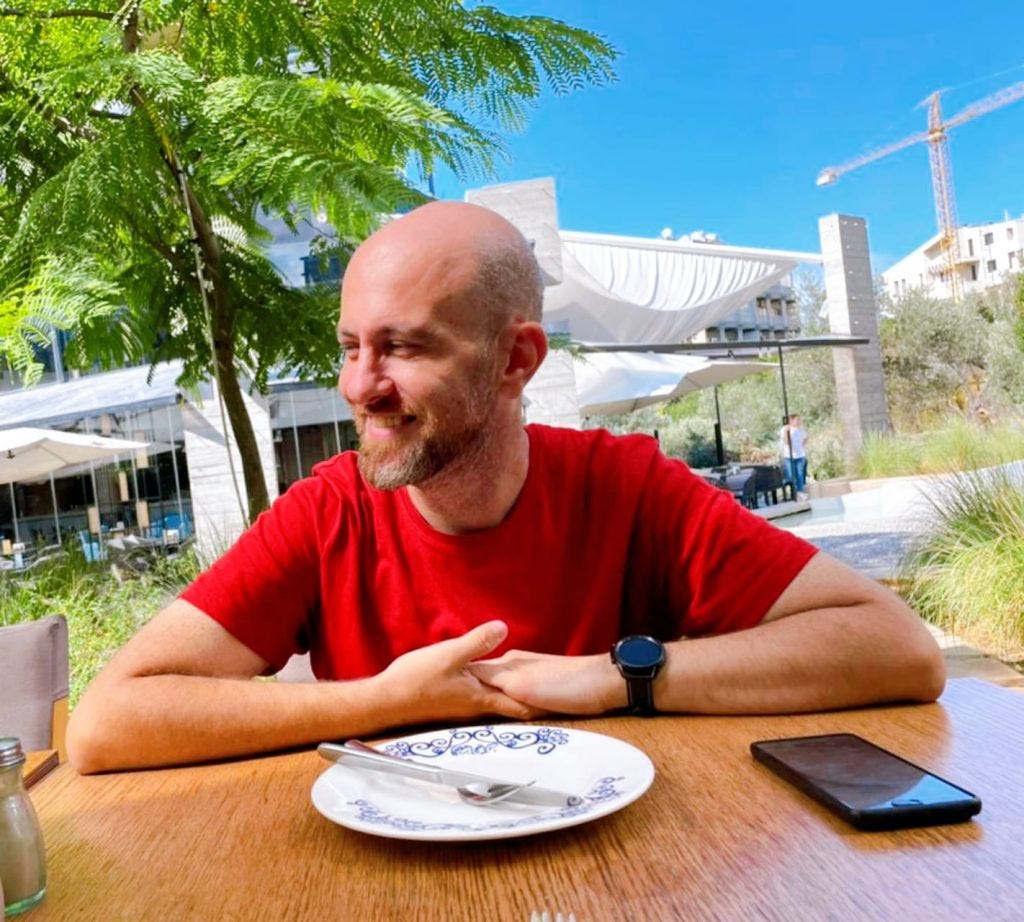LGBT Support in Lebanon: Rising Hope Despite Discrimination
Proud Lebanon is signing up Lebanese politicians, securing support for the LGBT community, and demanding legal change
Do LGBT people feel safer in Lebanon today than they did five years ago? In some ways, yes, says Bertho Makso. He launched Proud Lebanon in 2013 so that “youth today don’t suffer what we suffered.” During that time they have made strides that would have been unthinkable then, namely securing support from parties across the political spectrum. “Politicians were afraid to talk about LGBT issues before because it would burn their campaign, but now they are engaging on it, that’s progress,” he says.
Of course, “Lebanon is many Lebanons” says Makso, and progress in one area means setbacks elsewhere. The economic crisis that saw the Lebanese currency lose 90 percent of its value in two years, plunging an estimated four million families into poverty, has been devastating for marginalized communities. This, compounded by the effects of Covid-19 and the Beirut port blast in 2020 has caused the worst financial depression since the 1850s and “LGBT people are among those paying the most,” Makso says, pointing to job losses, discrimination, and poverty.
It's always been difficult, not least because homosexuality is illegal under the country’s Penal Code, but in recent years there has been a shift. In 2018, a district court of appeal ruled that consensual sex between people of the same sex was not unlawful, following several similar rulings in the lower courts. Yet LGBT people continue to spend up to a year in prison under Article 534 of the Penal Code, a hangover from the French mandate era that punishes “any sexual intercourse contrary to the order of nature.”
Still, things had been improving with more safe spaces, mounting awareness, and better support services from a growing number of organizations supporting LGBT rights. But since successive crises struck the country, those spaces have shrunk and there’s less money for events, organizations, and support. “We’ve seen a lot of neglect,” Makso says. This extends across all areas, from health and psychosocial services to providing for basic needs when people are losing jobs due to their sexuality.
These are the gaps Proud sets out to fill, offering medical and psychosocial support that provides a lifeline to those struggling with chronic illnesses, HIV, hormonal treatment, anxiety, depression, addiction, and other conditions. Mental health issues are widespread in Lebanon’s LGBT community, thanks in part to the stigmatization people endure. Proud has been able to provide 350 psychosocial support sessions, supported by an Innovation Hub grant from Ideas Beyond Borders.
“For far too long, LGBT groups in the Middle East have endured discrimination and abuse without coherent and institutional support. Proud is one of the few organizations advocating for real change at the political level while providing help where it’s most needed on the ground,” says Ideas Beyond Borders Founder and President Faisal Saeed Al Mutar.
Some of these psychotherapy sessions are conducted in prisons where Proud staff offer services to all inmates. “We work with everyone in the hopes of reaching LGBT people too. We can’t risk outing them and putting them at risk,” Makso says. Their plight is often desperate. Appalling conditions and overcrowding in Lebanon’s prisons have become even harder to bear since prisoners were forced to pay for their own food and medical care. Violence and ill-treatment are commonplace and LGBT prisoners live in fear of the consequences if their sexuality is discovered.
LGBT Lives Remain at Risk
Makso knows all too well how dangerous it can be if the wrong person discovers a person’s LGBT identity in Lebanon. In the past, he has been kidnapped, subject to death threats, and blackmailed for being gay. His parents were already aware of his sexuality but he frequently sees cases where families turn on an LGBT relative and subject them to horrific violence, conversion therapy, and other forms of abuse. “One young man was forced to turn to sex work to survive after his parents threw him out. Another managed to escape after his father tied him up in chains after learning he was gay.”
There are too many sad stories to recount he says, but there is cause for hope. More than 13 political parties, including the Lebanese Forces, Kataeb, the Free Patriotic Movement, PSP, Li Watani, Li Haki, Nasirites, and a lot of the parties that emerged from the Lebanese protest movement are now working with Proud to provide better support for LGBT people in the country.
Others are not yet willing to admit public support but engage behind the scenes. It’s taken a lot of advocacy from Proud staff, who have adapted their message to suit the interests of these diverse groups, highlighting the Vatican’s sensitive stance toward Lebanon’s Christian parties and raising human rights causes with socialist movements in the south. “It sometimes feels hypocritical but I have to do it,” Makso says.
It's worth it for a Lebanon that’s kinder and more accepting towards its LGBT community, a Lebanon people can at least feel safe in, even if they can’t hope for equal terms just yet. “We can’t ask for equal rights, gay marriage, adoption, or anything like that at this stage,” he says, “but we can demand the decriminalization of homosexuality so people are no longer arrested, discriminated against, fired, or tortured because of their LGBT identity.”




